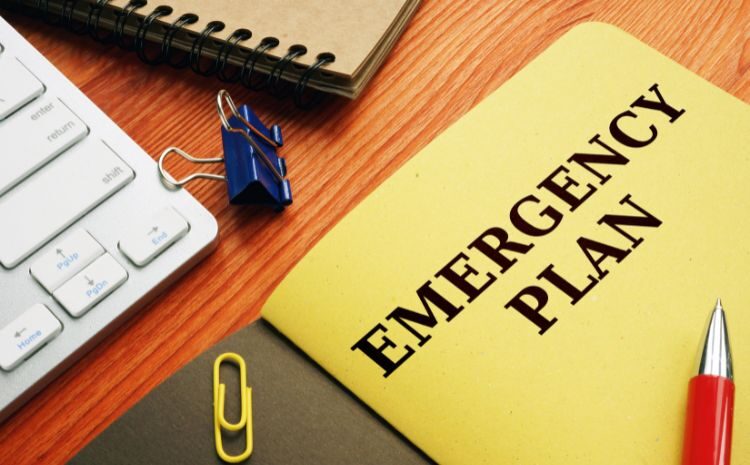
September is National Preparedness Month
Disasters and emergencies have an uncanny way of catching us off guard, leaving us vulnerable and often scrambling for resources and assistance. The unpredictability of such events underscores the importance of National Preparedness Month, observed every September. This annual event serves as a reminder that preparedness is not just an option – it’s a vital aspect of safeguarding our lives, our loved ones, and our communities.
The Unpredictable Nature of Disasters
Natural disasters, technological failures, and public health emergencies can strike at any moment, without warning. From hurricanes and earthquakes to power outages and disease outbreaks, these events disrupt daily life, strain resources, and test our ability to respond effectively. National Preparedness Month encourages us to shift our perspective from “if” to “when,” emphasizing the importance of readiness in the face of the unexpected.
The Purpose of National Preparedness Month
National Preparedness Month is more than just a symbolic gesture. Its core purpose is to educate, engage, and empower individuals, families, and communities to take proactive steps in preparation for emergencies. By raising awareness, providing resources, and promoting actionable steps, the observance aims to reduce the impact of disasters and save lives.
Key Aspects of Preparedness:
Emergency Plans:
Developing and communicating a well-thought-out emergency plan is paramount. Families and individuals should discuss communication strategies, evacuation routes, and designated meeting points. Having a plan in place ensures that everyone knows what to do in a crisis.
Emergency Kits:
Assembling an emergency kit with essential supplies is a fundamental step. These kits should include non-perishable food, water, medications, first aid supplies, clothing, important documents, and other necessities that sustain basic needs for at least three days.
Information and Training:
Staying informed is crucial. Monitoring weather forecasts and alerts, understanding local emergency protocols, and undergoing basic first aid and CPR training can make a significant difference in responding effectively during a crisis.
Community Involvement:
Strong communities are resilient communities. National Preparedness Month encourages neighbors to collaborate, supporting one another during challenging times. Community drills, workshops, and discussions can foster a sense of unity and shared responsibility.
Digital Preparedness:
In our interconnected world, digital preparedness is gaining importance. Regularly backing up essential digital documents, securing sensitive information, and being aware of cybersecurity best practices can prevent data loss and identity theft during emergencies.
Building a Culture of Preparedness
National Preparedness Month isn’t just about dedicating a single month to readiness; it’s about fostering a culture of preparedness that extends throughout the year. By integrating preparedness into our routines, conversations, and habits, we empower ourselves to respond effectively to emergencies, minimizing the impact on our lives and the lives of those around us.
Start today
National Preparedness Month serves as an annual reminder that our safety and well-being are in our hands. Disasters and emergencies are inevitable, but their effects can be mitigated through preparation and collaboration. By prioritising emergency planning, assembling essential supplies, and staying informed, we can navigate uncertain times with confidence and resilience. This September, let’s embrace the spirit of preparedness and work together towards a safer, more secure future.



